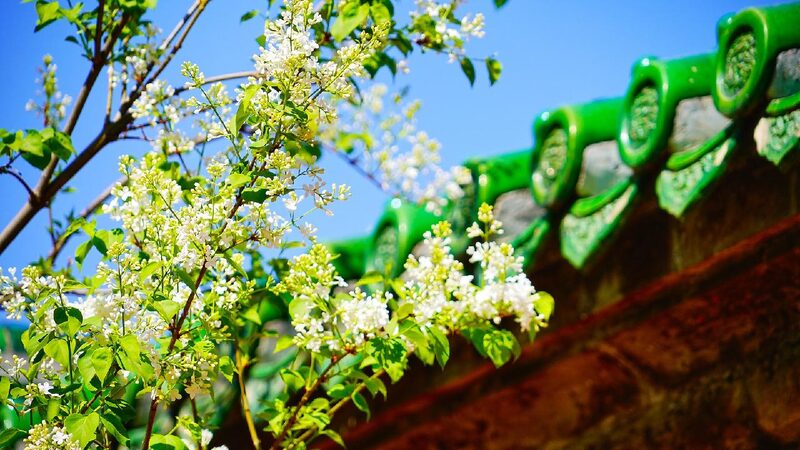As the Qingming Festival dawns across China, the centuries-old tradition of honoring ancestors is witnessing a modern makeover. Blending technology with tradition, millions are embracing digital tools and eco-friendly practices to commemorate their loved ones.
In Shisanling, a town nestled north of Beijing and renowned for its imperial Ming Dynasty mausoleums, a new “cloud memorial” mini-program on WeChat is reshaping how people pay their respects. Launched by local authorities, this innovative platform allows users to offer online tributes, upload photos and videos, create personalized digital memorial albums, and even generate AI-powered avatars to preserve cherished memories.
“As Qingming arrives once again, I present this bunch of virtual flowers to you. Though free from any sweet scent, they carry with them my grief and longing,” reads one heartfelt message on the platform. For many who cannot journey back to their hometowns, these digital tributes offer a meaningful connection to their heritage.
The cloud memorial program also features “digital tombstones”—virtual profiles linked to physical graves via unique QR codes. With over 100,000 users and more than 20,000 digital tombstones created, the service has been widely embraced. “Mourners appreciate being able to commemorate their ancestors without the arduous journey,” shared a cemetery worker at Shisanling.
Alongside technological advances, an eco-conscious movement is transforming ancestral remembrance. The Fushouyuan cemetery in Yinchuan, capital of northwest China’s Ningxia Hui Autonomous Region, provides water-soluble stationery for mourners to write messages to the departed, reducing environmental impact. Funerals hold great significance in China, and the rise of green burials is curbing extravagance while promoting sustainability.
Prior to this year’s Qingming Festival, Fushouyuan conducted a ceremony to bury six biodegradable urns beneath ceremonial lawns. Since 2010, over 6,300 individuals in Ningxia have opted for green burials, reflecting a shift towards eco-friendly practices. In Shenyang, the capital of Liaoning Province, authorities are covering the costs of up to 5,300 sea burials this year and offering incentives for tree pod burials, lawn interments, and floral burials.
“From incense smoke rising at grave sites to digital offerings in cloud memorials, China’s ancestral rites are embracing the advancements of society and technology,” said Qi Xin, a researcher with the Liaoning Academy of Social Sciences. “While the expressions of remembrance vary, the timeless human thread of cherishing the memories of our loved ones never fades.”
The fusion of tradition with innovation during the Qingming Festival reflects a broader trend in Chinese society, where honoring the past harmoniously coexists with looking towards the future. This evolution ensures that ancestral veneration remains relevant and accessible to younger generations, fostering a continued appreciation for cultural heritage.
Reference(s):
cgtn.com








